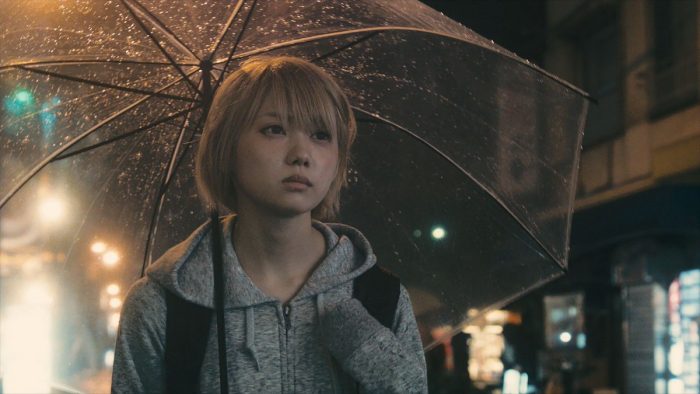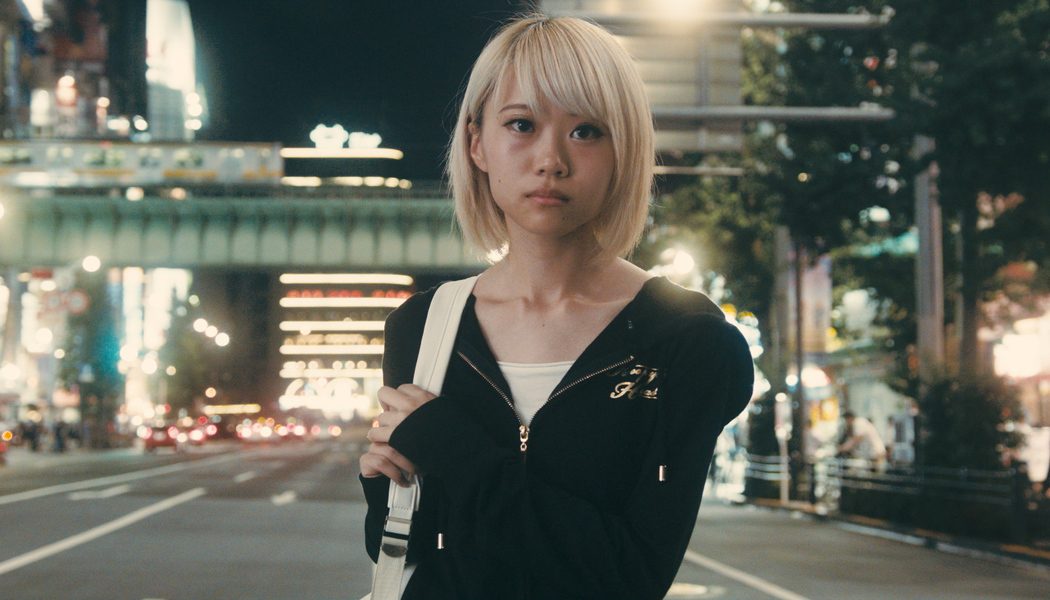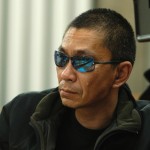Director: Yusaku Matsumoto
Raindance Film Festival review
The one-word title of Yusaku Matsumoto’s Noise refers not to one thing but to the sum total of many things. It is the ‘Noise’ of an era of cynical sensory excess fuelled by lust and money, where bright lights, sugary pop music and commoditised sexuality barrage the eyes and ears of the lonely inhabitants of Tokyo. The noise is a comforting cocoon that blocks out a traumatic past, a worrying future and the pressing issues of the present, as well as thwarting any meaningful connections with other human beings, be they parents or lovers.
Inspired in part by the Akihabara massacre in 2008 – a mass-murder that took place in the Akihabara shopping quarter – Noise makes the case that such senseless and seemingly random acts of violence don’t take place in a vacuum but erupt from the repressive sociocultural din of modern city life. While Matsumoto’s feature debut is an overlong, messy and sometimes confusing work, it is also an immersive and quietly revelatory film from a promising director whose biggest vice might just be a lack of self-discipline.
It seems thematically appropriate that Noise offers a somewhat disorienting array of characters and narrative strands but the commotion can be roughly summarised as three plots with three young leads. The Akihabara massacre plays directly into the backstory of minor teen idol Misa, a singer who lost her mother in the incident. Though eight years have passed, the tragedy maintains a morose presence in Misa’s relationship with her abusive father. In need of a new father figure, she finds one in the form of a kind older man who is visibly uncomfortable amidst the middle-aged perverts who attend Misa’s concerts.

To this surrogate father, Misa is a surrogate daughter who bears a resemblance to his actual daughter, Rie. The story of Rie, a schoolgirl who shows little interest in having a relationship with her father, suggests a vulnerable individual on a similar path to Misa, albeit at an earlier point in her timeline. While Misa is resigned to a life of sexual commerce and role-playing – via her nymphish pop-star persona and her other job performing fetishistic services at the local massage parlour – Rie is a lost teen who spends her nights in loutish company and eventually attracts the attentions of the same sleazy talent agency working with Misa.
This destructive cyclicity is also evident in the story of Ken, a quiet delivery boy forced to deal with the repercussions of his selfish and debt-ridden mother’s irresponsible handling of their money. It is through his increasingly desperate, maddening circumstances that we see how the deranged mind-set behind such terrible events as the Akihabara massacre can take form.
Though the film’s lack of focus can often yield emotionally flat results, at its best, this fractured drama of lost innocence and alienation holds a smothering power. As a storyteller, Matsumoto’s reach exceeds his grasp but his claustrophobic sense of place makes Noise a noteworthy reflection of these chaotic times, finding existential dread in Tokyo’s restless state of technological and cultural self-one-upmanship. It’s a cluttered but ultimately resonant film that channels the pulse of a city that’s always looking for the next dopamine fix.
The Raindance Film Festival 2017 ran September 20th to October 1st.
Watch Noise on FilmDoo.





